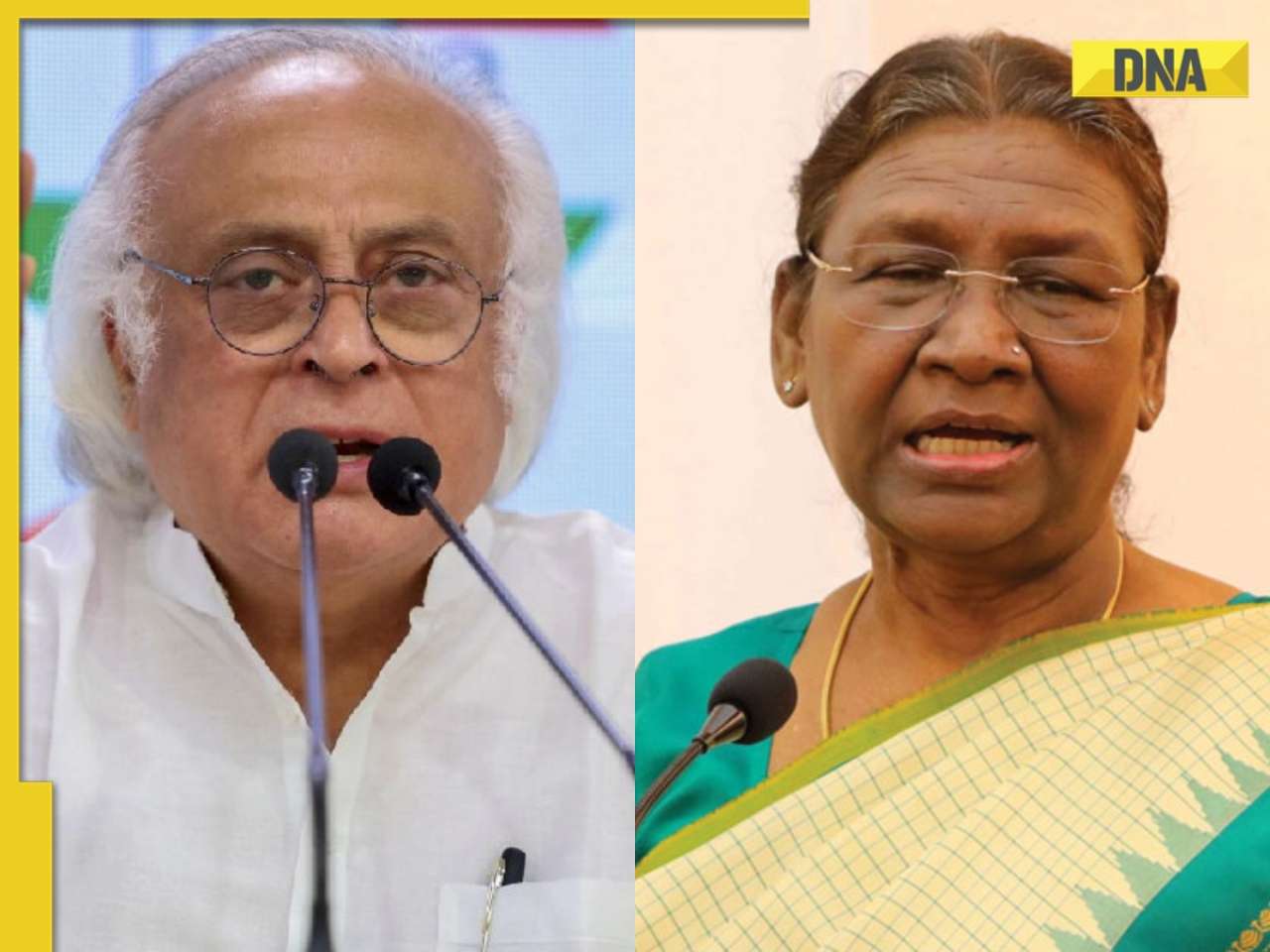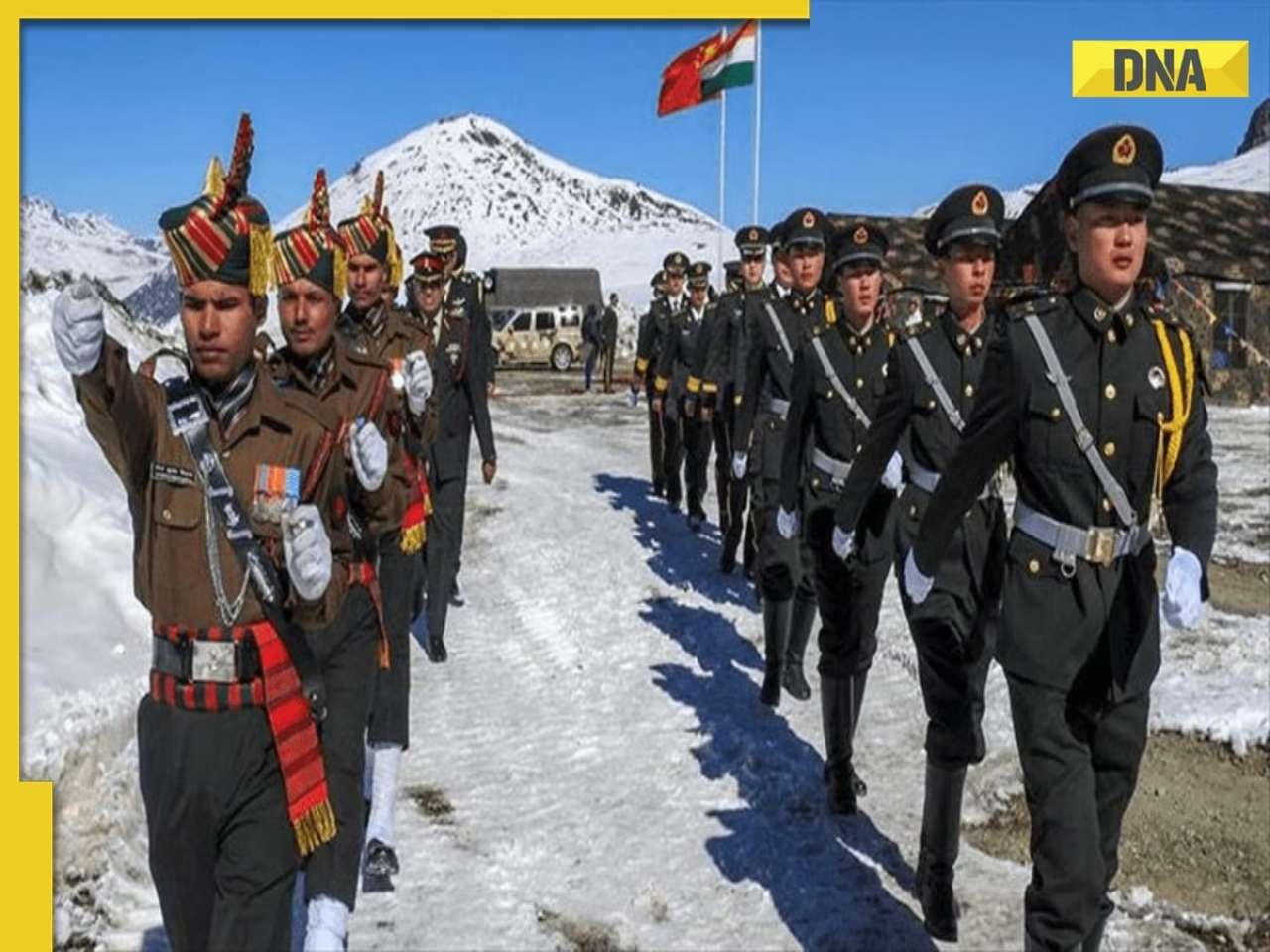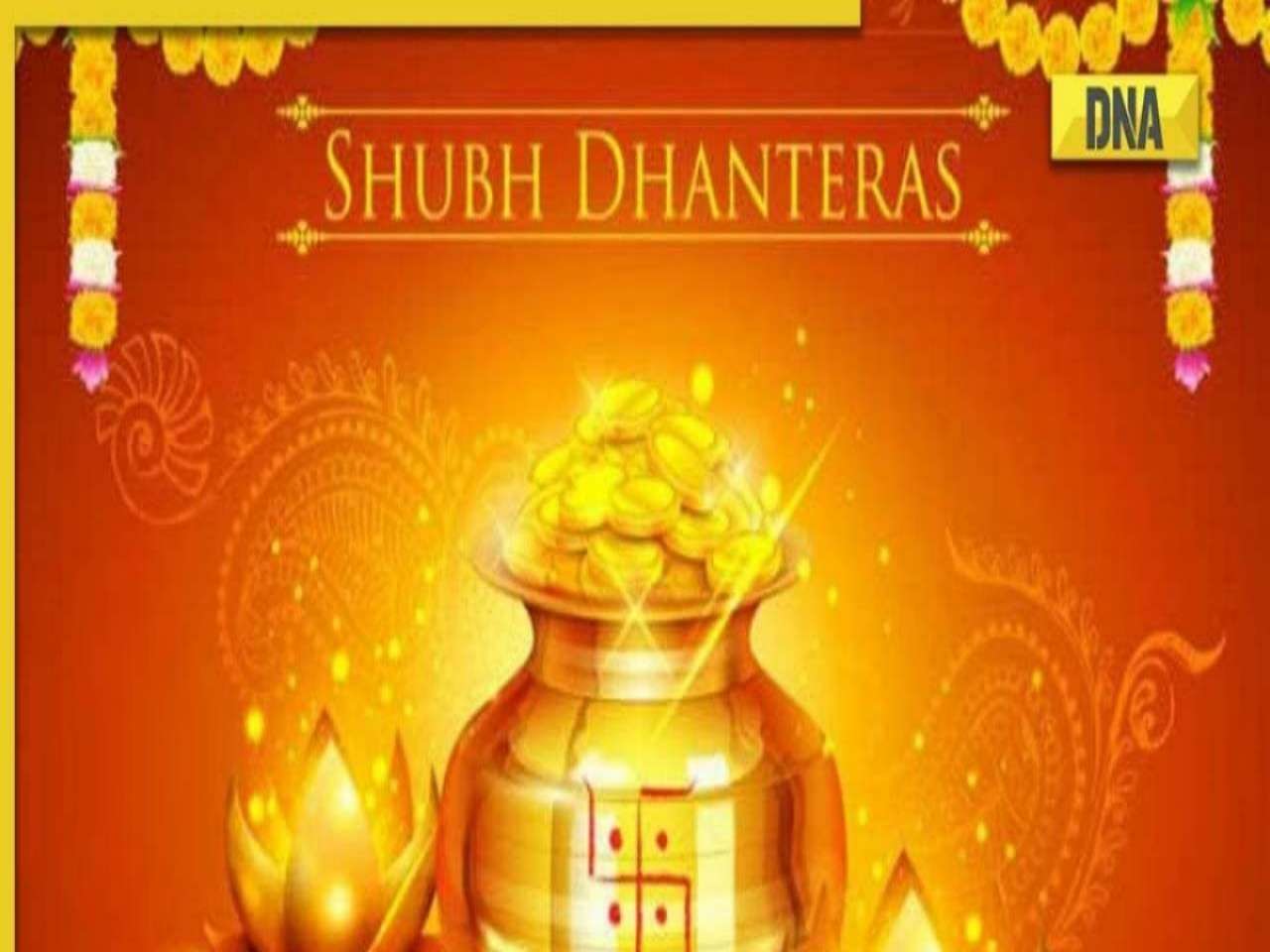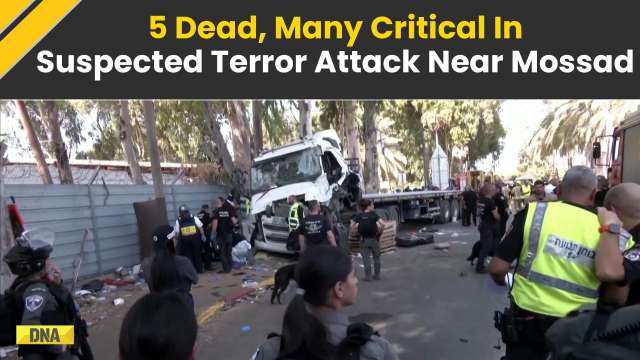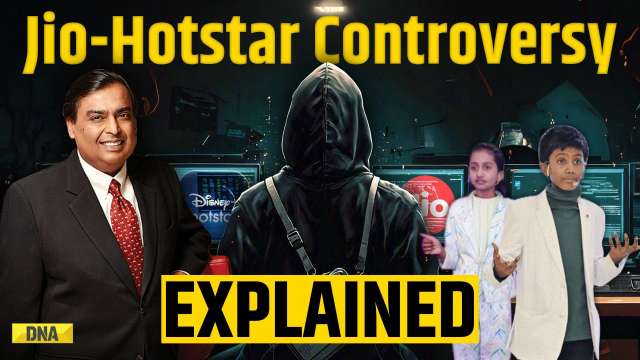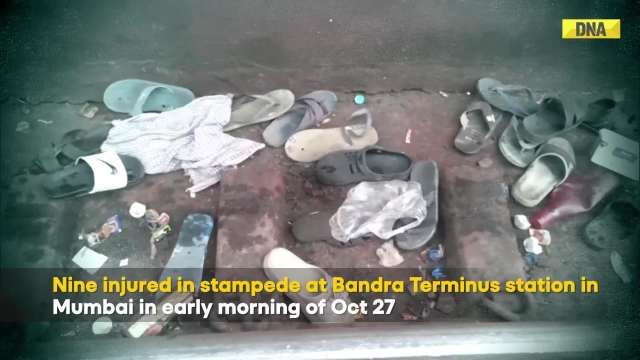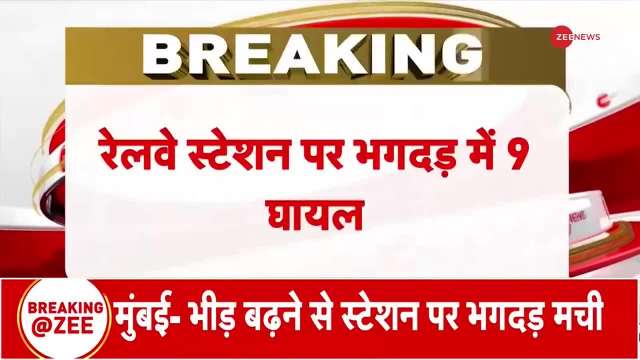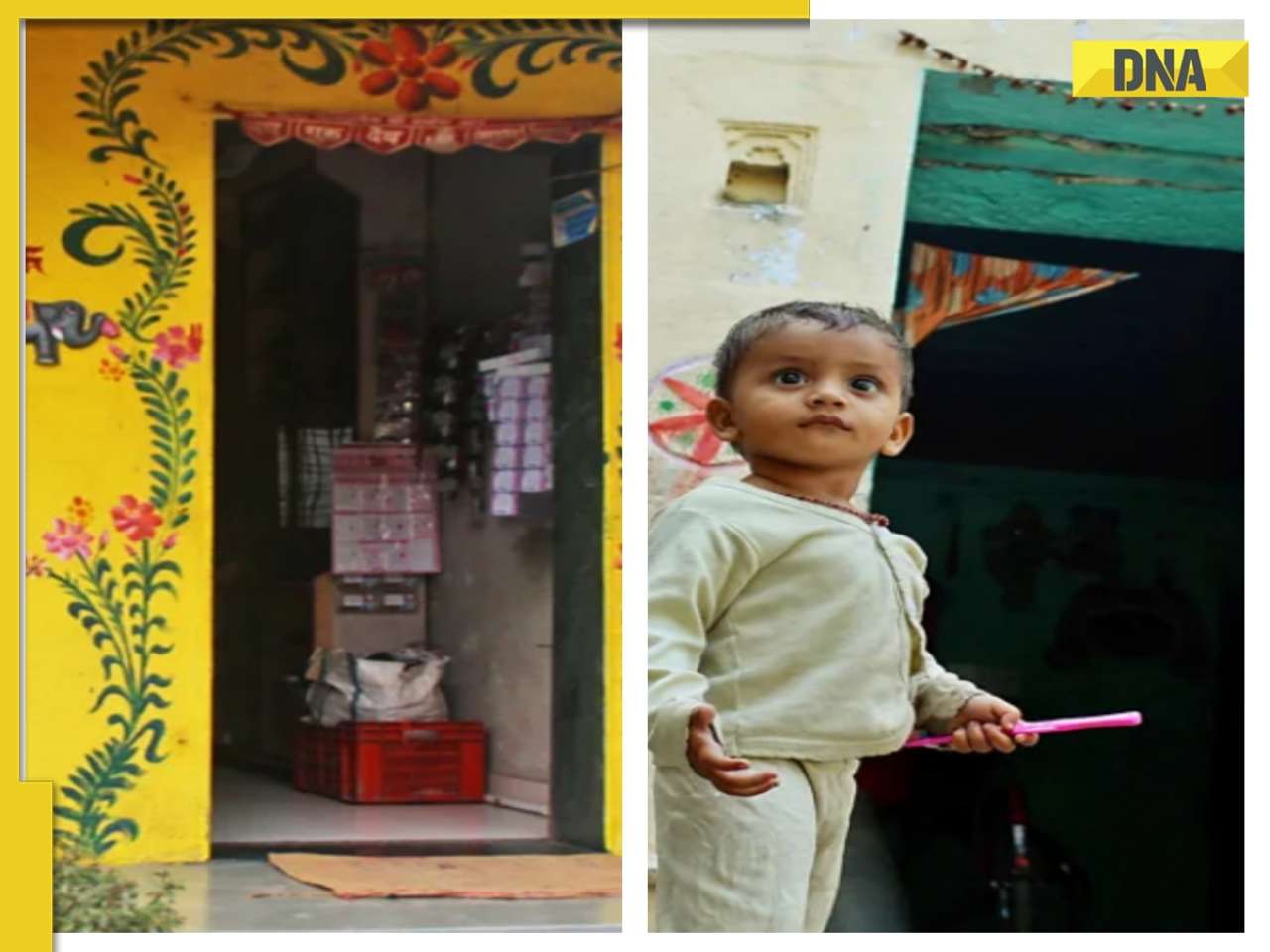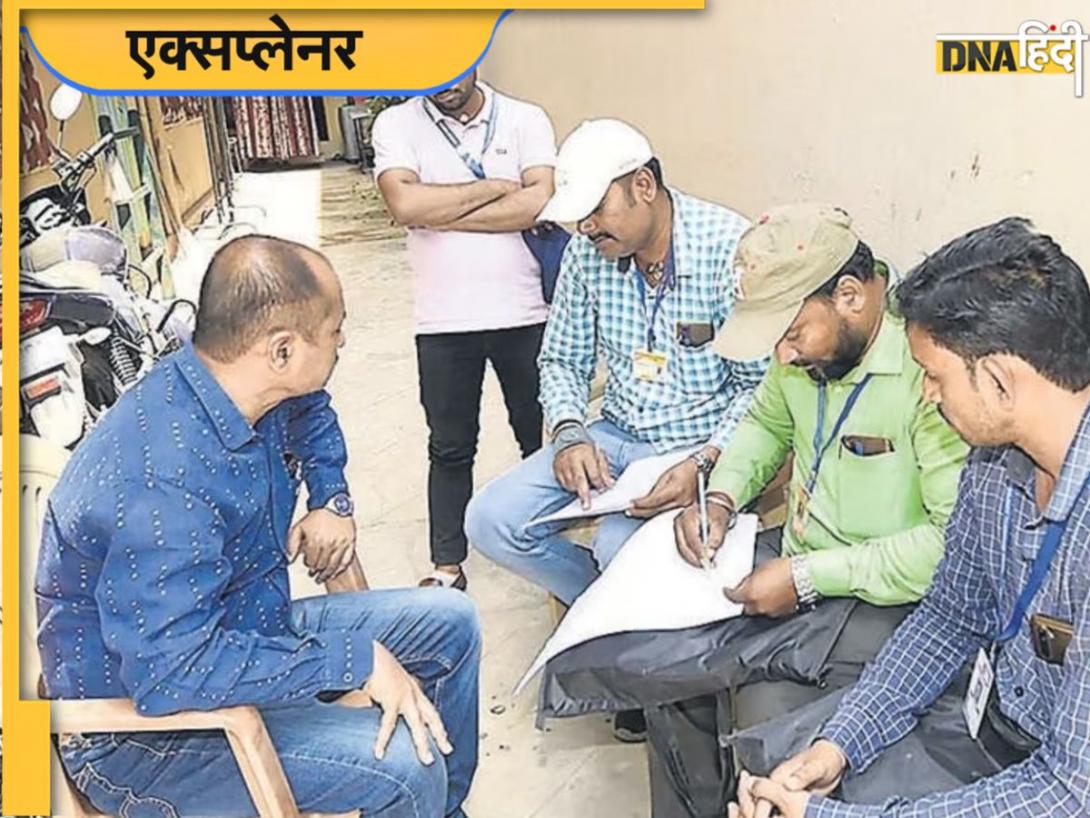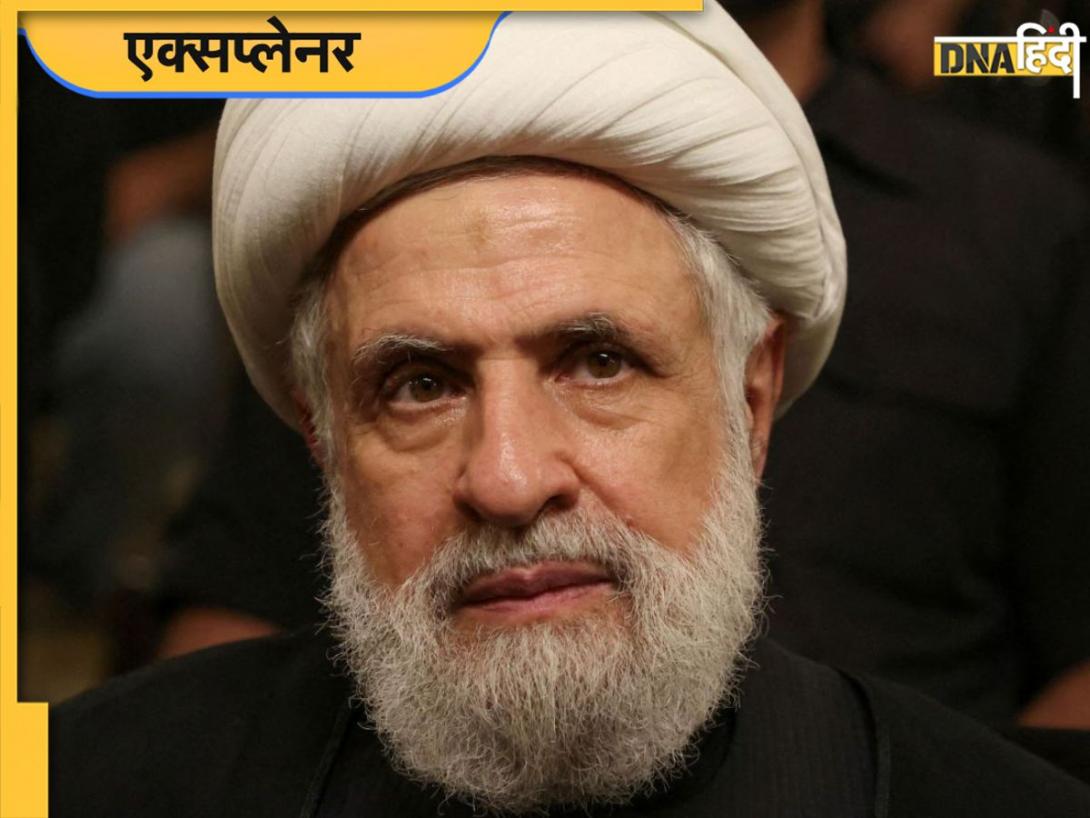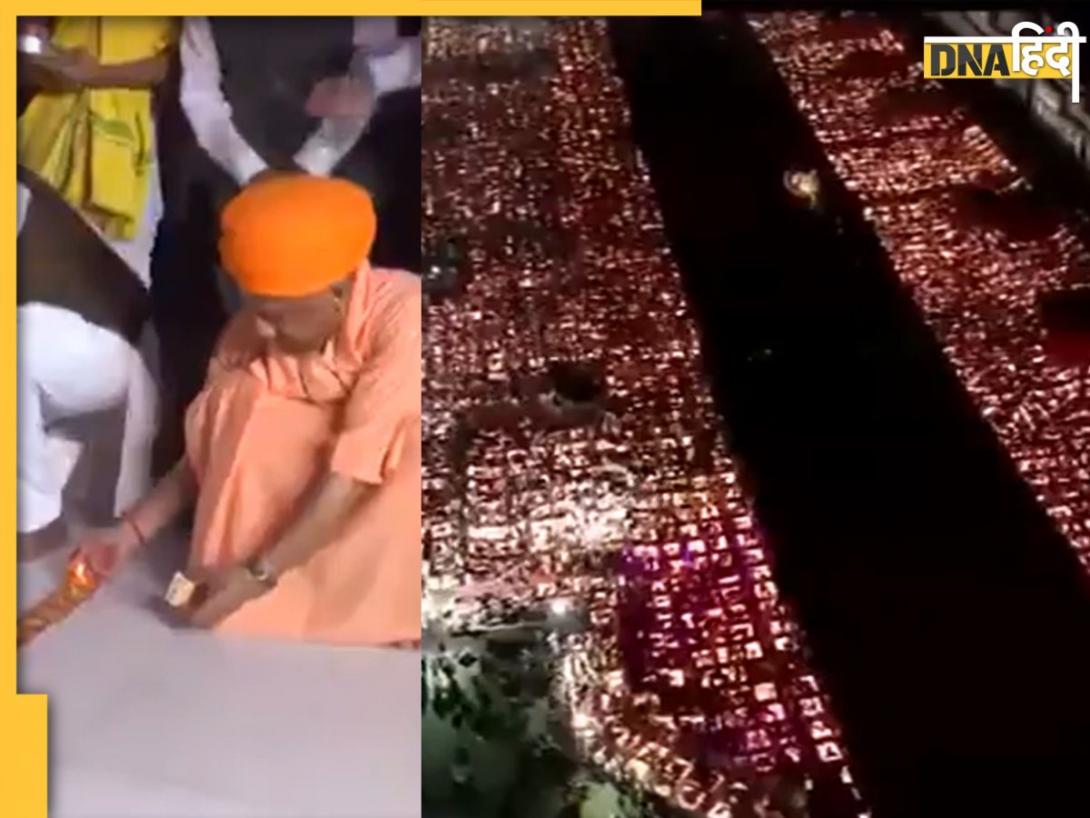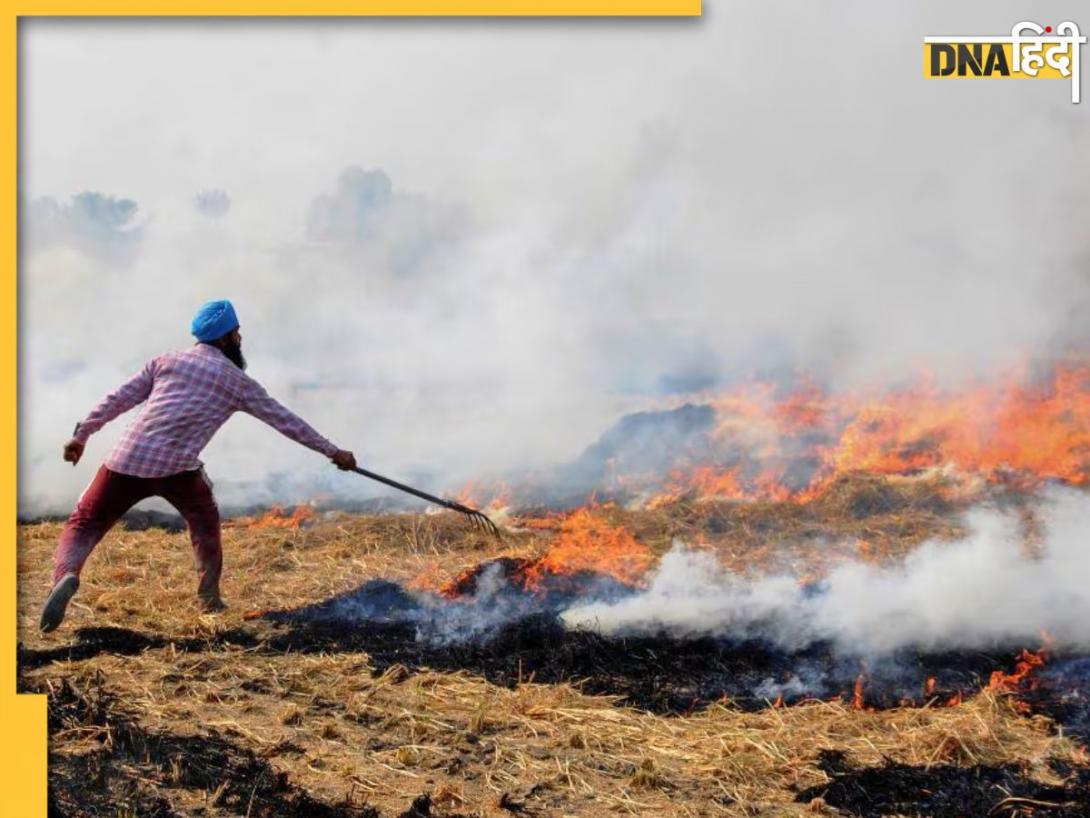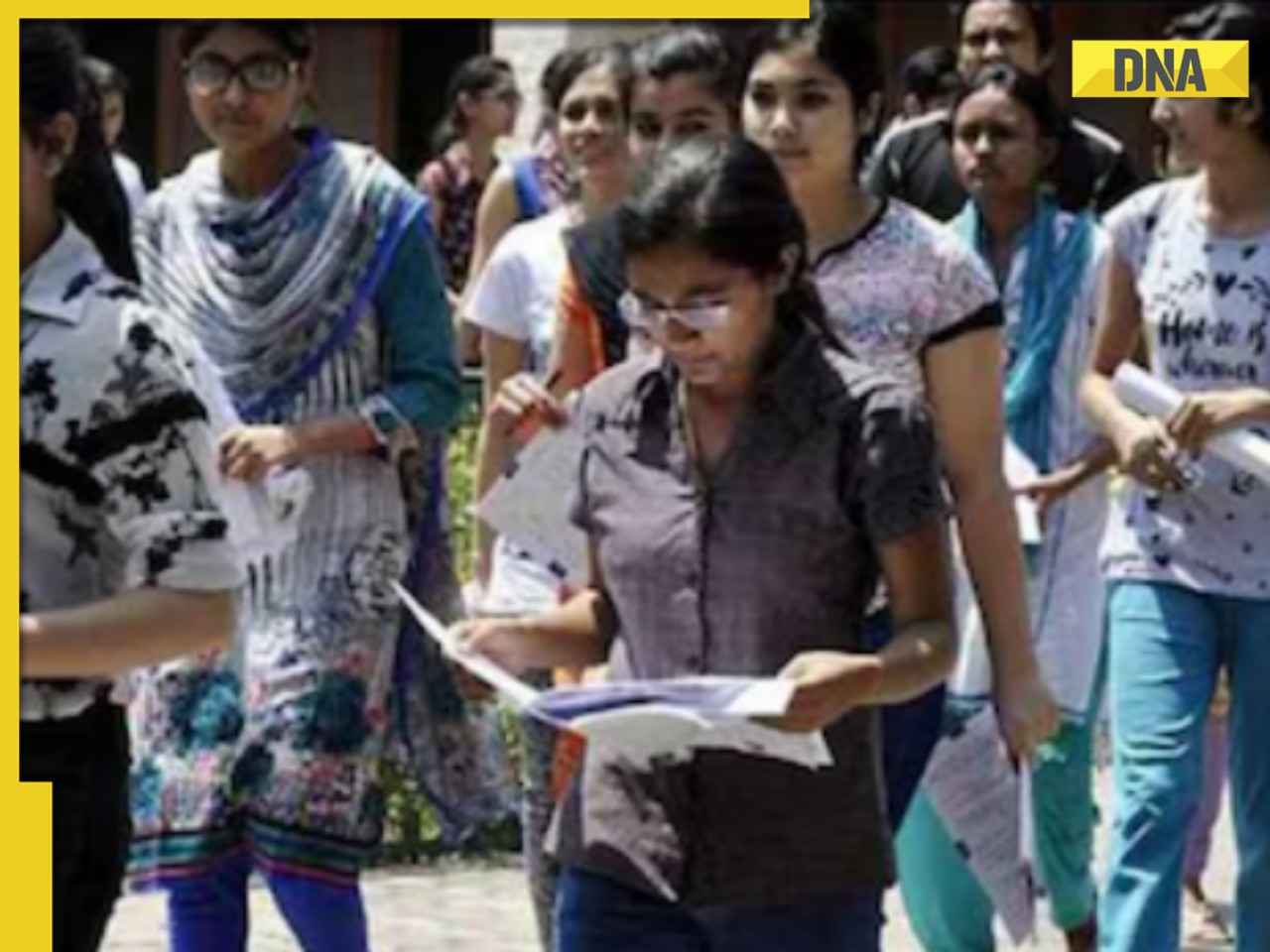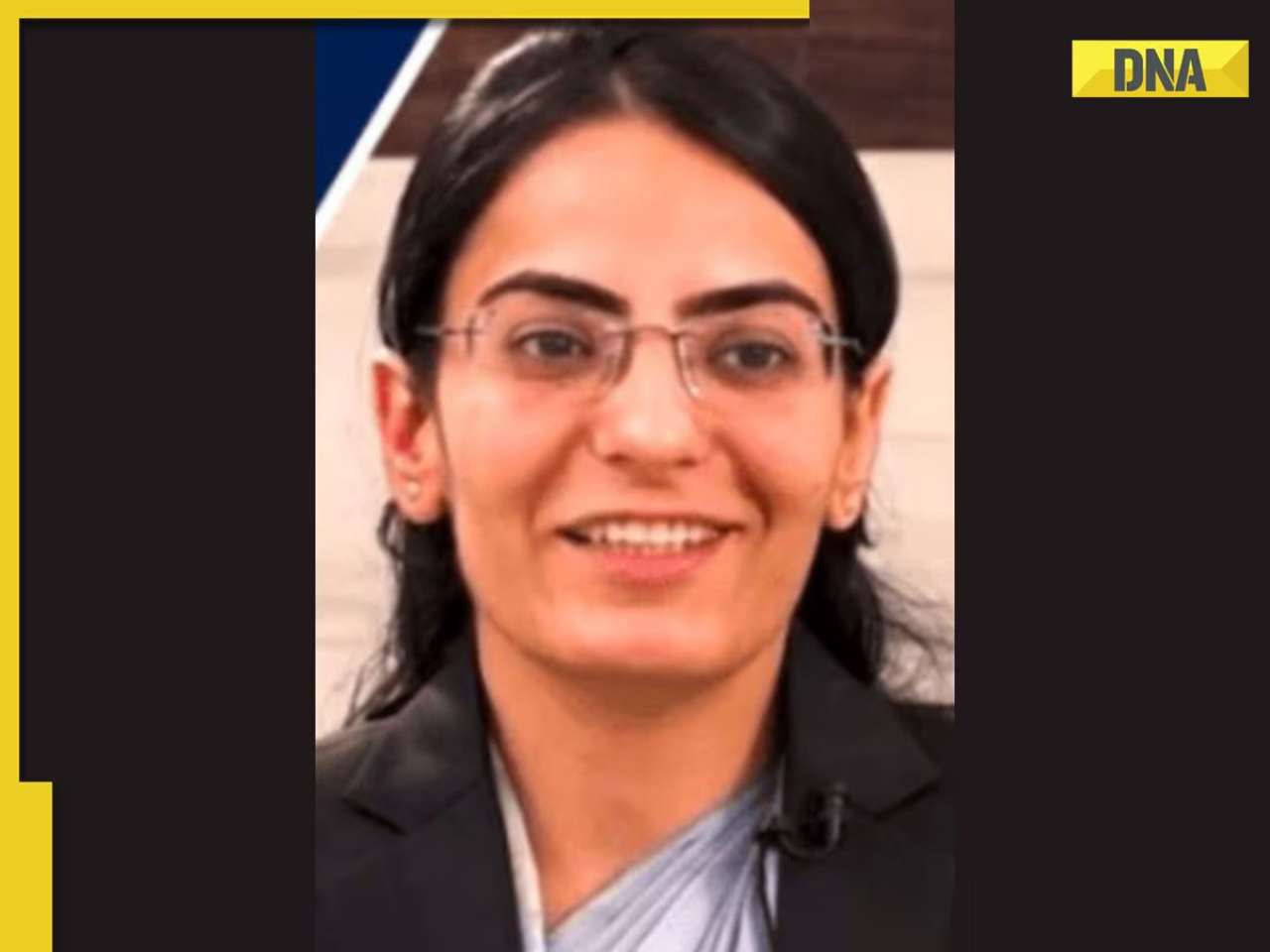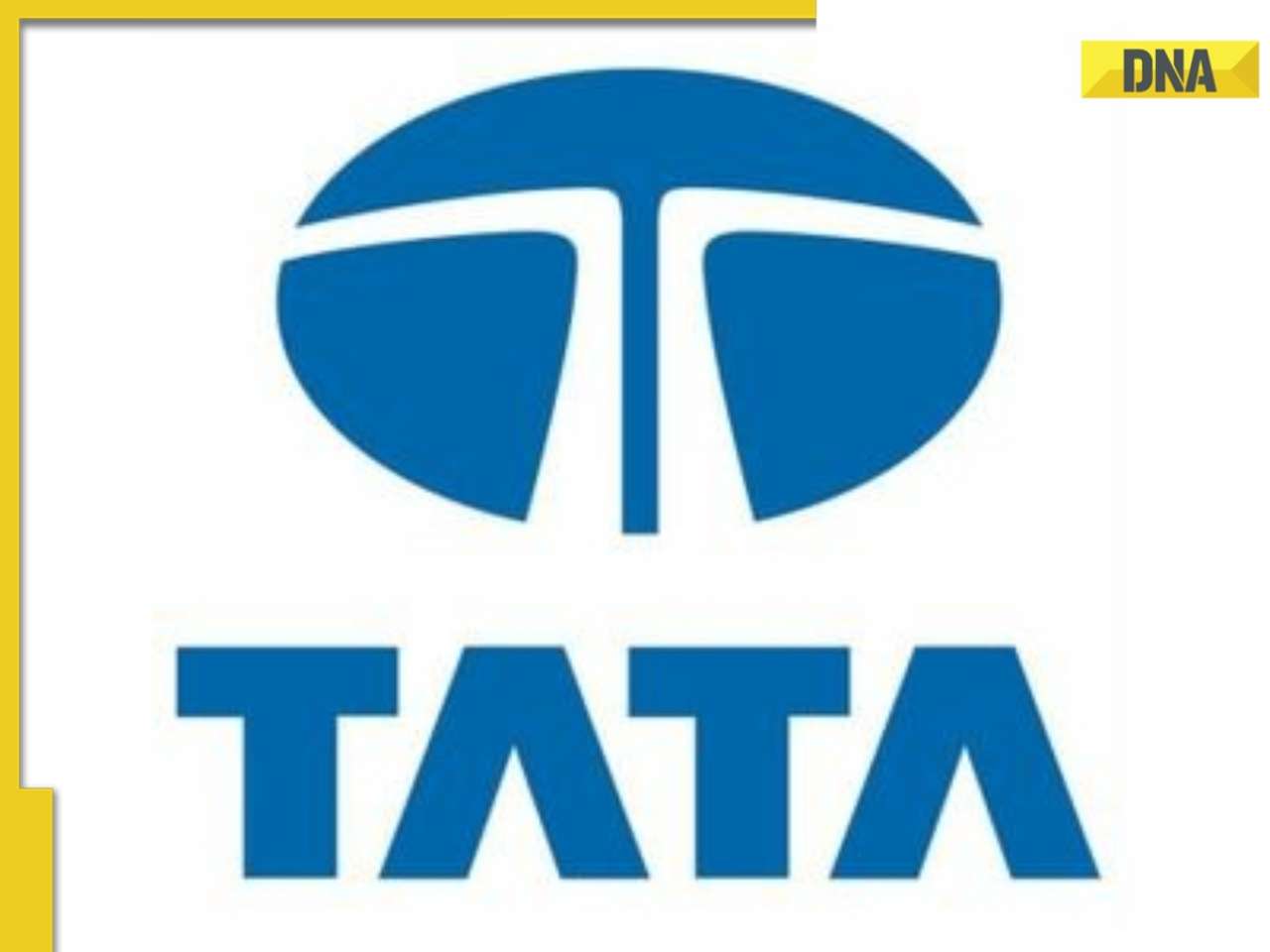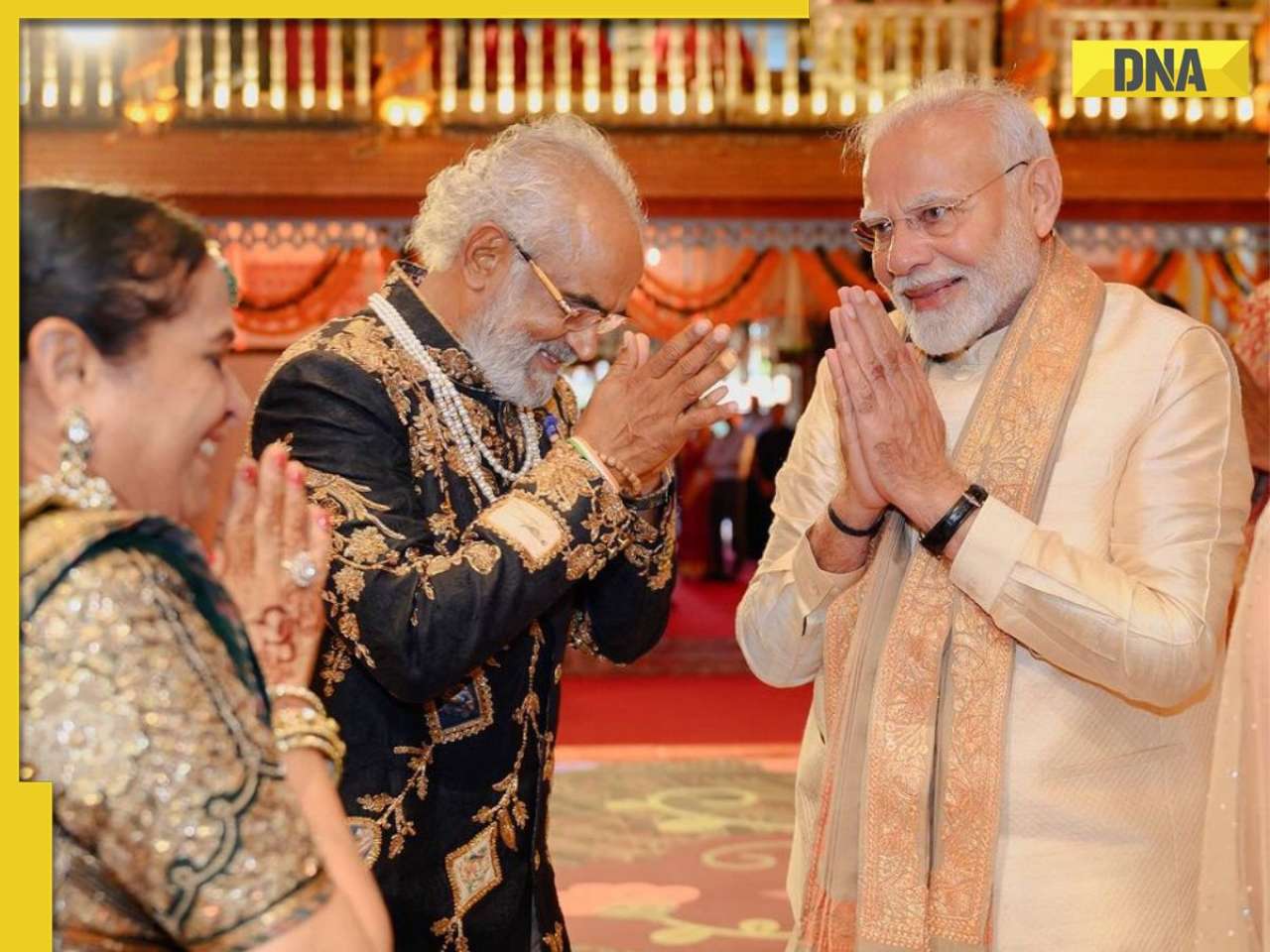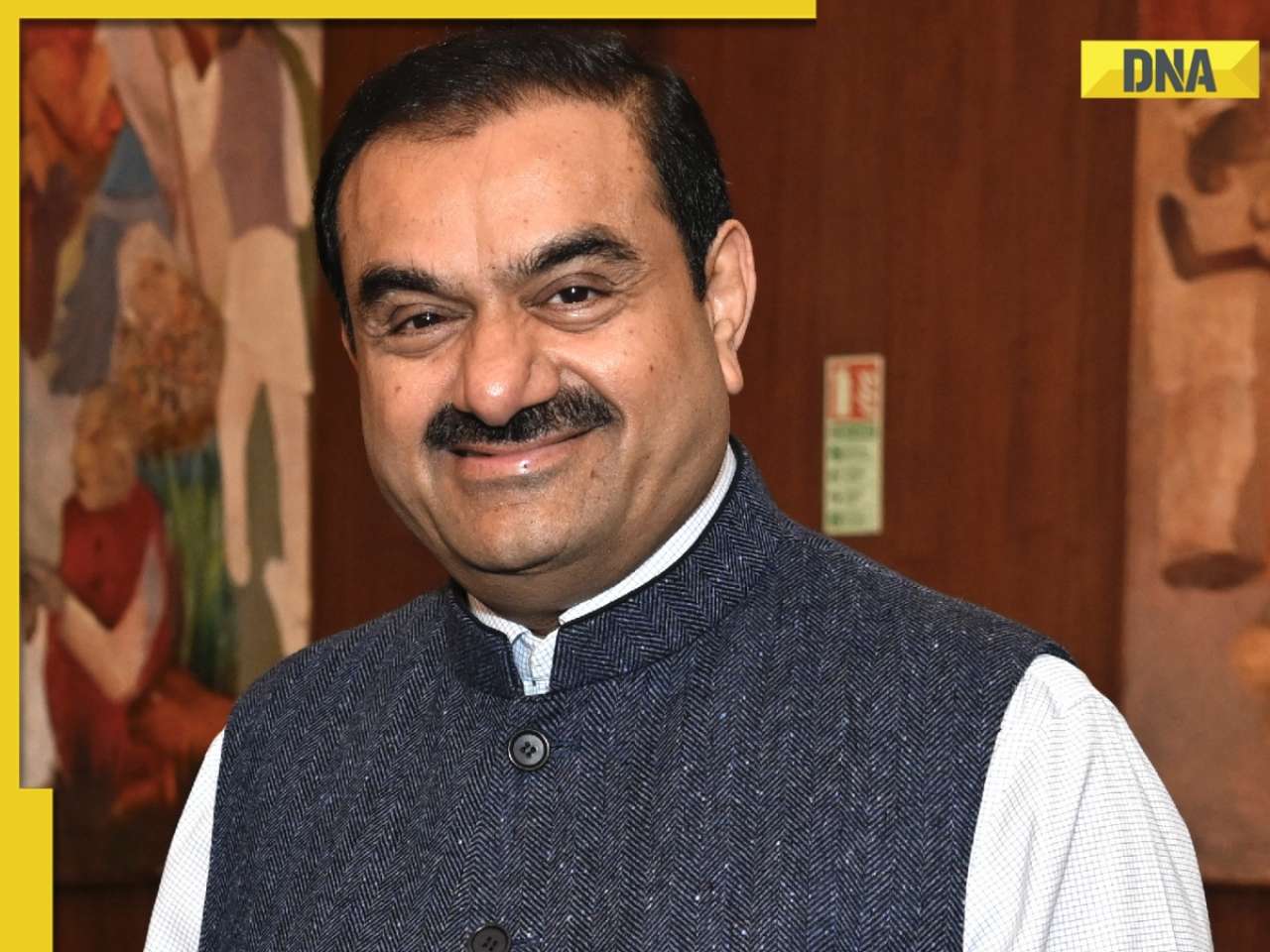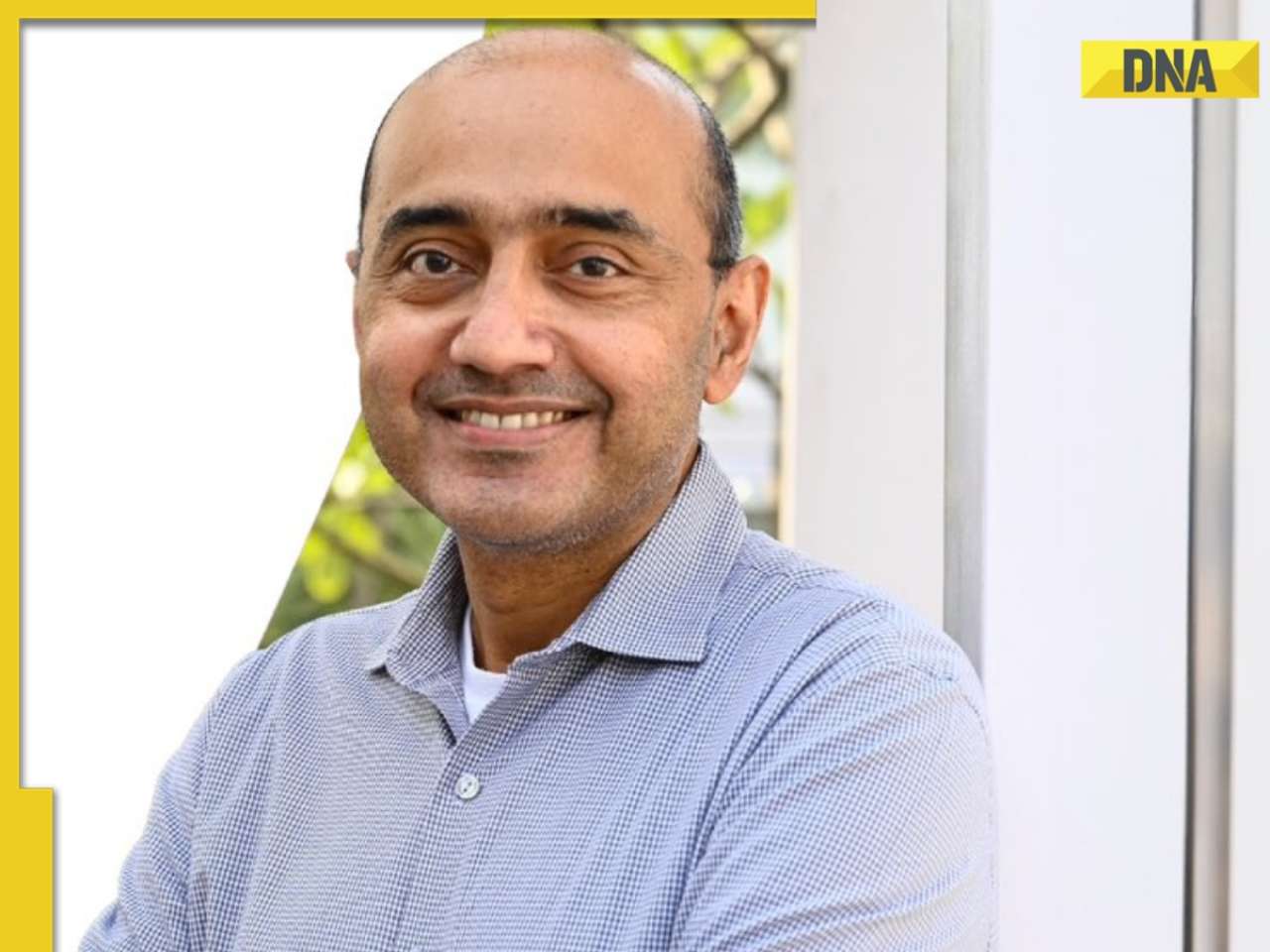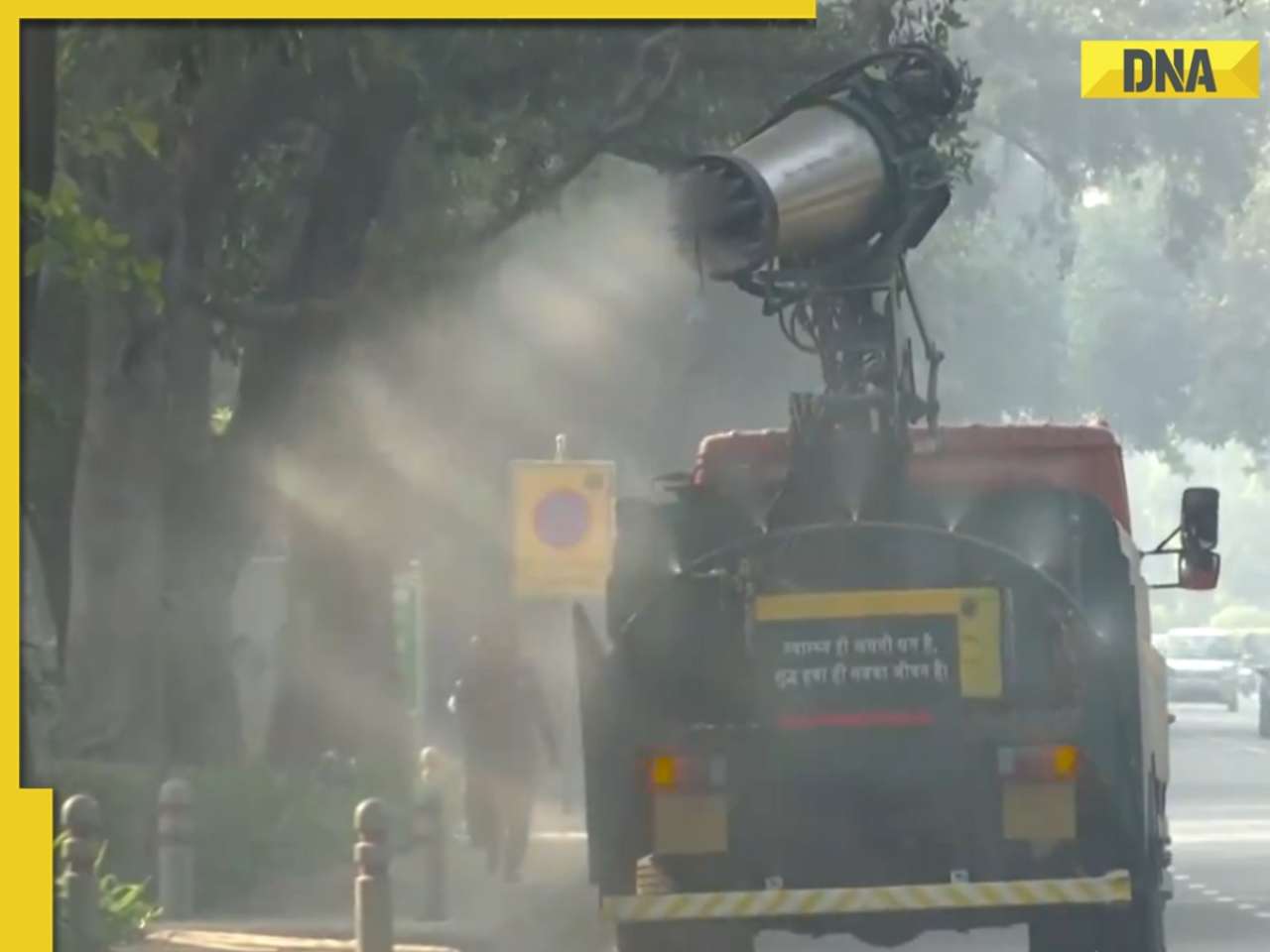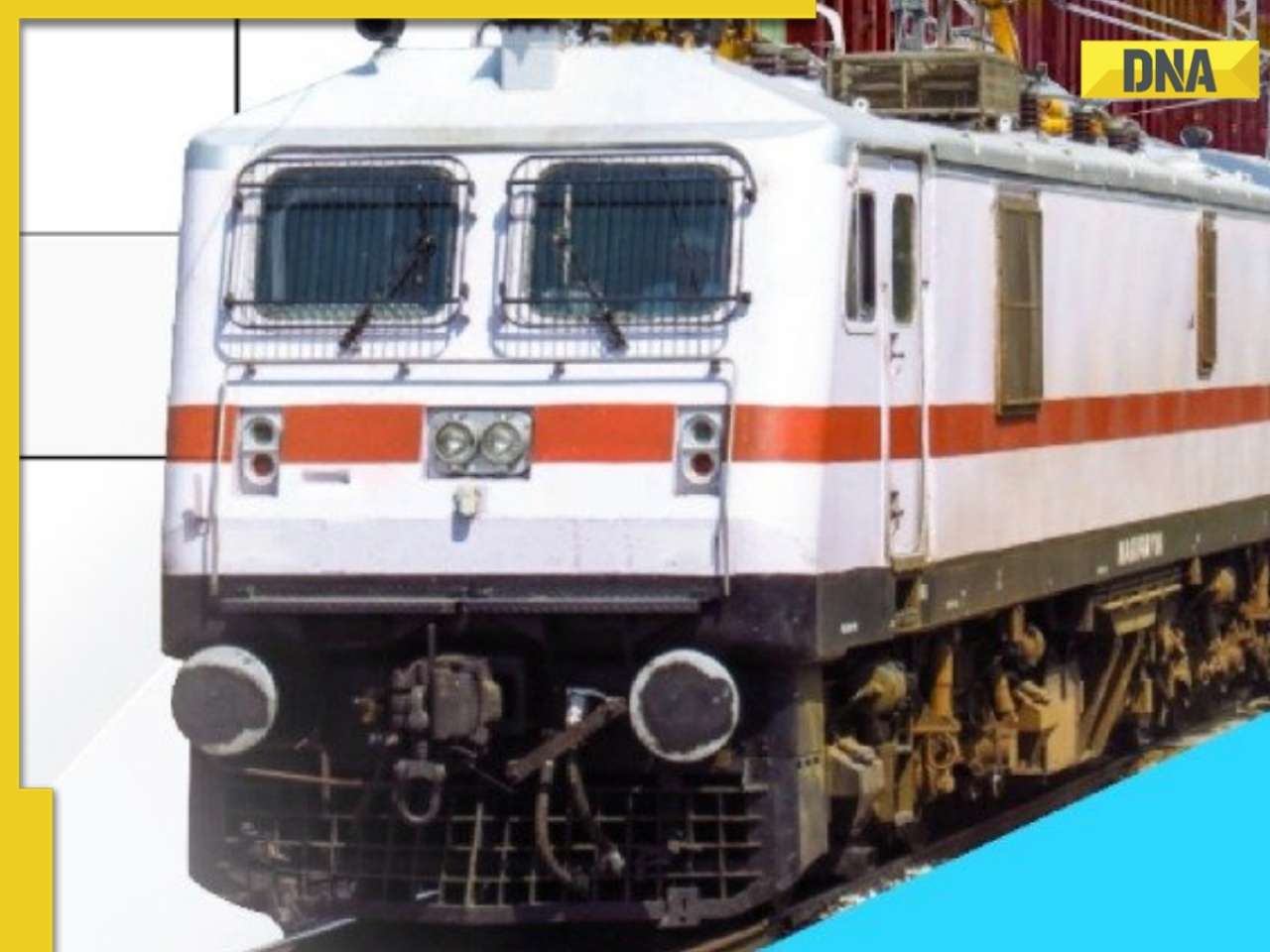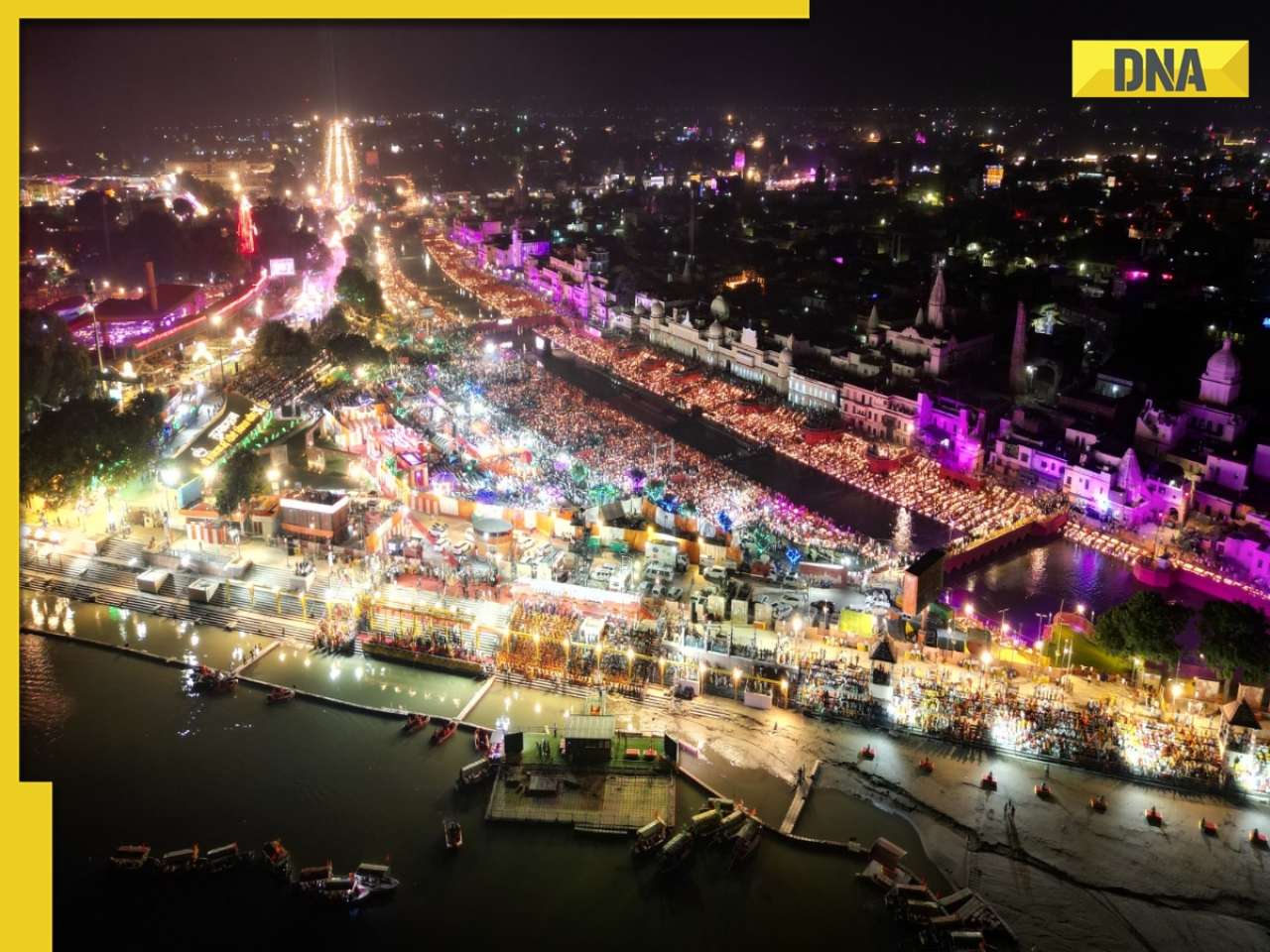- LATEST
- WEBSTORY
- TRENDING
EXPLAINER
Crackdowns and Crisis of Legitimacy: What lies beyond Bangladesh's apex court scaling down job quotas
Prime Minister Sheikh Hasina’s government had scrapped the quota system in 2018, but the lower court reinstated it last month, pegging total quotas at 56%, sparking the protests and an ensuing government crackdown.
TRENDING NOW
The Bangladesh Supreme Court, on Sunday (July 21), scrapped most of the quotas on government jobs that had sparked nationwide protests by students that have killed at least 114 people in recent days. Dismissing a lower court order, the Supreme Court’s Appellate Division directed that 93% of government jobs in the country should be open to candidates on merit, Bangladesh attorney-general AM Amin Uddin was quoted by news agency Reuters as having said.
Prime Minister Sheikh Hasina’s government had scrapped the quota system in 2018, but the lower court reinstated it last month, pegging total quotas at 56%, sparking the protests and an ensuing government crackdown. The apex court’s ruling reduced the number of reserved jobs from 56% to 7%. However, it did not fully satisfy the demands of the protesters. Shah Monjurul Hoque, a lawyer involved in the case, said the court also urged the protesters to “return to class”.
The Supreme Court was supposed to rule next month on whether a new plan, which reserves over half of government jobs for certain applicants, was legal. However, they made their decision sooner because the unrest was getting worse. The Supreme Court ruled that the lower court’s decision to bring back the job reservation scheme was “illegal”, according to A-G Uddin.
The court decided to reserve 5% of government jobs in the Bangladesh civil service for the children and grandchildren of “freedom-fighters” from the 1971 Liberation War against West Pakistan (now Pakistan) down from 30%. Other quotas had earlier allocated positions for women (10%), marginalized backward districts (10%), such minorities as the indigenous population (5%) and people with disabilities (1%). The apex court allocated 1% for tribal communities and another 1% for people with disabilities or those identifying as third gender. The remaining 93% of jobs will be filled based on merit.
Many young graduates are upset about the “freedom-fighter” category, believing it favours supporters of PM Hasina’s ruling party, the Awami League. A spokesperson for Students against Discrimination, the main group behind the protests, said they welcomed the Supreme Court’s decision, but would continue their protests until the government addressed their demands fully.
Critics accuse Hasina’s government of influencing the judiciary, while the Prime Minister hinted that the court’s ruling would align with student demands. The protests were sparked by student anger over the return of the controversial quota system that reserves a large number of jobs in the Bangladesh civil service.
The quota system in Bangladesh was started in 1972 and has been modified several times since then.
Overview of Quota in Civil Service Jobs
Civil service jobs are very popular because they offer higher social status, prestige, better pay, job security and future pensions. As a result, the quota system, which reserved more than half of the available jobs for different groups, has been seen as problematic by students and society for a long time.
2018 Students’ Stir for a Quota Reform
In 2018, a large protest erupted as students from public universities across the country called for changes to the quota system. They argued that the 56% of spots reserved for certain groups did not adequately reflect the abilities of all applicants, leaving many qualified candidates without opportunities. A particular point of contention was the 30% quota set aside for the children and grandchildren of freedom-fighters.
The Awami League’s Political Strategy
The ruling party, the Awami League, has been in power for the past 15 years. They claim to represent the true values of the 1971 Liberation War and, by extension, the essence of independent Bangladesh. Their political stance is based on the belief that the Opposition parties, such as the Bangladesh Nationalist Party, go against the values of the 1971 War.
This is partly due to their ties with the Bangladesh Jamaat-e-Islami, a radical religious party. Leaders of the Jamaat-e-Islami were accused of working with the Pakistani military and committing war crimes against freedom-fighters and civilians during the 1971 War. Consequently, the Awami League aims to keep the freedom-fighter quota to support and strengthen their political position.
Government’s Response to 2018 Protests
The 2018 protests were so powerful that the government had to eliminate the quota system for civil service jobs. After this decision was made, the protesters ended their demonstrations, believing they had achieved their goal.
Quota System Reinstated Again in 2024
On June 5, 2024, the High Court of Bangladesh restored the quota system after a complaint was filed by a descendant of a freedom-fighter. The court ruled that the removal of the quota was “unconstitutional, illegal and ineffective”. As a result, the quota system was back in place as if nothing had changed.
The students were not happy about this change. They took to the streets once more to protest against the return of the quota system, as they believed the issue had already been settled. The protests began at the University of Dhaka, considered the country’s top and most historic university. Soon, students from other universities joined in. And, for the second time in six years, the protests became a nationwide movement.
The Awami Leagues Dismisses Protests
Initially, politicians from the ruling party and the government dismissed the protests, claiming they were not responsible for restoring the quota system since it was ordered by the country’s high court. Some argued that the protesters should wait for the appeal hearing scheduled for August 7. However, the protesters were not interested in waiting. They wanted PM Hasina to provide reassurance and take action.
PM Hasina’s Controversial Remarks
Tensions rose on July 14 when PM Hasina made a controversial comment while responding to a journalist about the quota reform protesters. She made a caustic remark about the protesters resenting the freedom-fighters and asked whether the grandchildren of Razakars—local collaborators who had supported the Pakistani military during the 1971 War—benefit instead of those of freedom-fighters. The Razakars were accused of committing atrocities against freedom-fighters and civilians, making their legacy in Bangladesh’s history controversial.
Her Razakar Comments Fuel Outrage
After her comments, thousands of students from Dhaka University dorms took to the streets, chanting a slogan that translates to “Who am I? Who are you? Razakar, Razakar. Who made that claim? Autocrat, Autocrat.” Razakars are commonly considered the worst traitors in Bangladesh’s history. Any Bangladeshi would be offended if labelled a ‘Razakar’.
The Government Misinterprets Protests
After the students chanted the slogans, the government and some media outlets twisted their words. They focused only on the first part of the slogan, which, out of context, suggested that the students were calling themselves ‘Razakars’. Hasina and other politicians made strong statements based on this misunderstanding and threatened the students, ignoring the rest of the slogan and the full context.
Misunderstanding Adds Fuel to the Fire
It was even more provocative for politicians and the government to misinterpret the chant as evidence that students from Bangladesh’s top universities were calling themselves Razakars. The threats only intensified the protesters’ anger and soon the same chant spread to other universities.
Government Crackdown on Protesters
The government chose not to engage in peaceful talks with the protesters. Instead, it launched a major crackdown using such law-enforcement agencies as the Bangladesh Police and Border Guard Bangladesh, along with its student wing, the Bangladesh Chhatra League. As a result, six protesters were reported killed and hundreds injured on July 16.
That same night, Hasina addressed the nation, condemning all violence, but failing to address the protesters’ concerns. The government also closed all universities, colleges and schools, but this did not stop the protests.
Students Face Government Crackdown
On July 18, the protesters organized a nationwide shutdown, allowing only emergency service vehicles to operate. This time, students from private universities in the capital—as well as those from secondary schools and colleges—joined public university students. The government remained firm and responded with an even harsher crackdown on the protesters, leading to reports of dozens of deaths.
As the situation deteriorated, the law minister faced the media and announced that the government was willing to meet the protesters. However, attacks on the students continued. Facing strong reactions from online users who saw disturbing images and videos of injured and deceased students, the protesters declared they would not negotiate with the government over the bodies of their fallen comrades.
The government soon shut down the Internet and mobile networks across the country, making it difficult for the world to find out what was happening. However, reports indicate that at least 39 protesters were killed over two days, with 33 deaths occurring on July 18, and thousands more were injured. Other estimates suggest the death toll on the day could have been as high as 64.
What Lies Beyond Just the Quota Reform
The government and its supporters claim that the quota reform movement has been taken over by members of the Bangladesh Nationalist Party (BNP) and Jamaat-e-Islami, who are trying to cause unrest. But, even if those claims were accurate, many people wonder why it would be a problem if supporters of other political parties joined the protests.
The government claims the ongoing protests have evolved beyond simply advocating for quota reform; it now poses a significant challenge to the current regime’s stability. But what are the reasons behind this? The current government has been in power since 2009, totaling 15 years. But, in the past year, the government has struggled to control inflation while facing various other crises. There are serious concerns about corruption in both government and private sectors. Recently, it was revealed that officials from the Public Service Commission have been leaking civil service examination questions for the past 12 years.
For a long time, the ruling party’s student group, the Chhatra League, has been accused of mistreating not just the student group from the opposition party, but also regular students.
The Chhatra League has been seen as a backup force for the government, especially during the current protests. The general secretary of the ruling party was heard urging supporters, including those of the Chhatra League, to “handle” the Chhatra Dal (student group of BNP) and Chhatra Shibir (student group of Jamaat-e-Islami), thought to be part of the protests. Following their leader’s call, the Chhatra League went on to attack the protesters.
All these issues have built up anger among the youth and the general population. As a result, the protest movement has, possibly, changed from its original focus on just reforming the quota system. However, it is time for the government to consider how its actions led to this situation, rather than just blaming the protesting students.
(The author of this article is a Defence, Aerospace & Political Analyst based in Bengaluru. He is also Director of ADD Engineering Components, India, Pvt. Ltd, a subsidiary of ADD Engineering GmbH, Germany. You can reach him at: girishlinganna@gmail.com)
Disclaimer: The views expressed above are the author's own and do not reflect those of DNA.


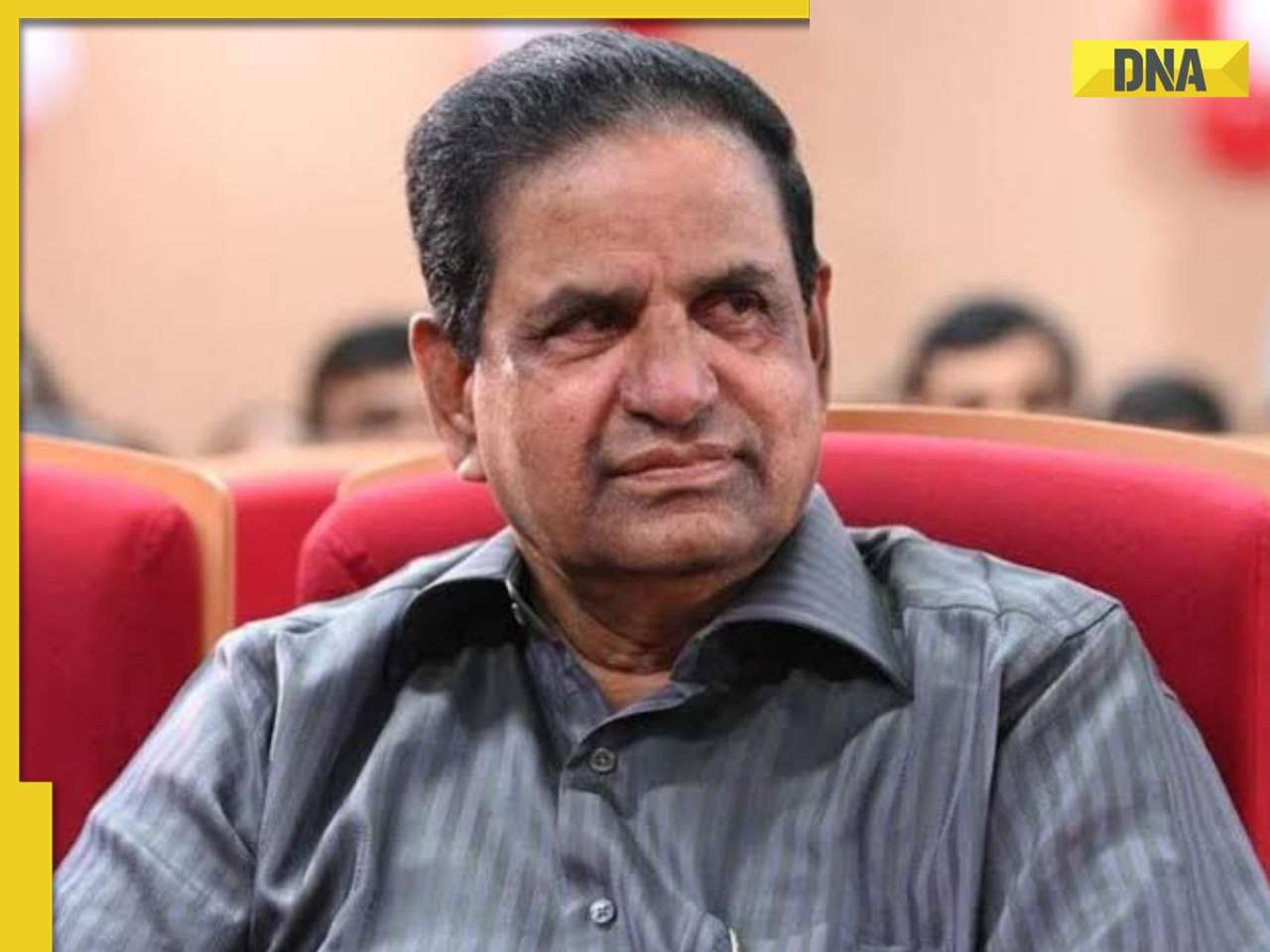
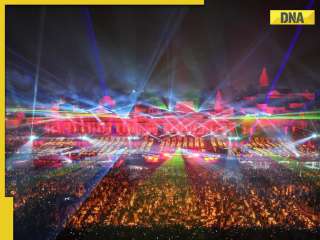



)
)
)
)
)
)
)
)
)
)
)
)
)
)
)
)





